The PROMISE project is an Erasmus+ European collaboration project in which seven partner organisations work together. The partner organisations cover a diversity of European countries with partners from Leeds (UK), Budapest (Hungary), Ljubljana (Slovenia), Leiden (The Netherlands), Aberdeen (UK), Tilburg (The Netherlands) and Tübingen (Germany).
All participating partners are members of the ATEE (Association for Teacher Education in Europe), or the Research and Development Community for ‘in service learning’. We share common interests around the professional education of educators and how this can support inclusion and diversity in learning spaces.
Here you can download our ebook and find more information about our journey of learning, connection, understanding and hope. Please also see our publications (in English and Hungarian) in the Hungarian Journal Pedagógusképzés - Teacher Education and Learning
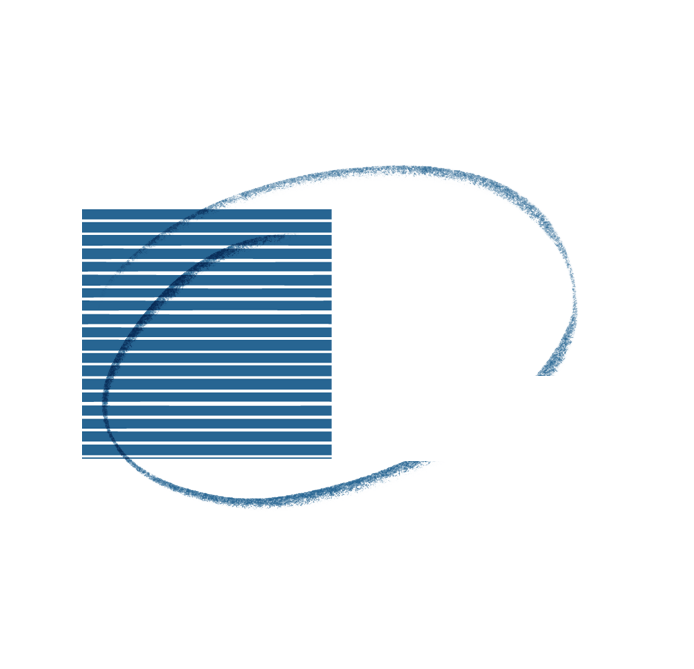
Young people who are at a disadvantage compared to their peers should be enabled to take part in employment, formal and non-formal education, trans-national mobility, democratic processes and society at large. They often have fewer opportunities due to various obstacles or exclusion factors, like disability (i.e. participants with special needs), health problems, educational difficulties, cultural differences, economic, social or geographical obstacles.A commitment to inclusive education means that educators are committed to overcoming these barriers to permit all young people to participate in educational opportunites.

Diversity in education can be positive, providing multiple viewpoints and perspectives to inform teaching and learning, promote creativity and underpin decision making. It can also be a challenge, for instance as educators strive to meet the demands and needs of learners with a range of characteristics (for example age, gender, prior educational experiences, economic status, religious or cultural background, social support, mental and physical health needs etc.).

Education systems acknowledge social, emotional and cognitive diversity and accommodate all young people incorporating issues ‘associated with migration, mobility, language, ethnicity and intergenerational poverty’ (Florian & Camedda, 2020) This is assumed to be the most effective way to address diversity and promote inclusion in all its forms. It aims to avoid the provision of interventions specifically targeted at learners from specific groups as it has been suggested that such interventions can lead to ‘repetition of exclusion’ (Slee, 2010) and further marginalisation and stigma (Florian 2015).

Professional Dilemmas are dilemmas faced by educators in their daily professional activity. Often these dilemmas relate to challenges in implementing inclusive practices in their daily practice. In contrast to the term professional decision making, professional dilemmas do not have easy answers and informed responses to these dilemmas require the educator to seek advice from external sources and another professionals to arrive at the best decision possible.

Boundaries occur between different professions, organisations, different sectors and different cultures. They also occur as changes take place (e.g. the transition between being a student and being a teacher, or between being a teacher and a leader). Boundary crossing (Akkerman & Bakker, 2011) creates potential for professional learning through identification, coordination, reflection and transformation. For educators to find effective responses to the professional dilemmas they face in implementing inclusive practice, they often have to engage in boundary crossing activities that take them outwith their traditional professional sphere.

Professional learning occurs as professionals engage in opportunities to improve their professional skills and knowledge. The experience of learning may be formal or informal, individual or collective. Powerful professional learning deepens understanding and leads to enactment of new practices and engagement in new professional communities.

Key to the boundary crossing that is necessary to respond to professional dilemmas being faced by educators are opportunties for inter-professional learning. These opportunties may be formal or informal but the key element is that educators are able to exchange profesisonal knowledge with other professionals working with young people.
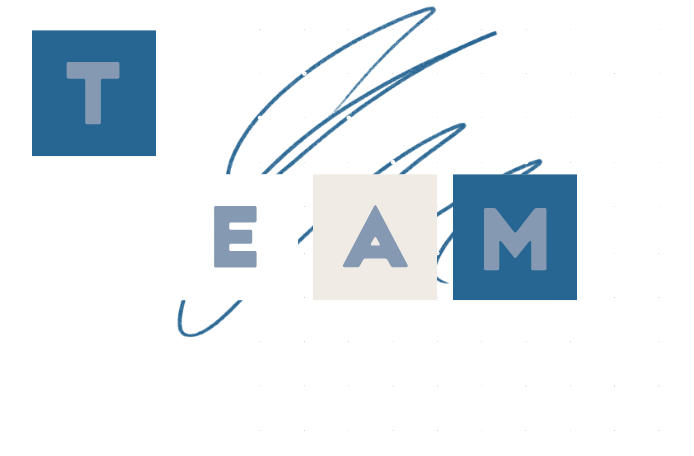

Leeds, United Kingdom
Carnegie School of Education are the lead organisation for the PROMISE project. The PROMISE project is being led by Dr Mhairi C Beaton and Professor Rachel Lofthouse. The project in Carnegie School of Education is located within the CollectivED Research and Development Centre led by Professor Rachel Lofthouse.
As part of project PROMISE, we are developing a range of innovative learning tools that will allow teachers and other professionals to explore the values and attitudes that underpin their pedagogical decision making.
Contact: M.C.Beaton@leedsbeckett.ac.uk
Link to organisation: https://www.leedsbeckett.ac.uk

Budapest, Hungary
ELTE participates in project PROMISE with a team of six members. The team is lead by Erika Kopp PhD., team members are Orsolya Kálmán PhD., László Horváth PhD., Fruzsina Eszes, Nóra Rapos PhD., Judit Szivák PhD.
As part of the PROMISE project ELTE’s team is developing professional learning units and tools to support teacher and schools working with students from low-income and/or Roma and/or migrant communities to learn. We are also developing adaptive processes, methods and techniques related to their work with professional and non-professional partners.
Link to organisation: https://nevtud.ppk.elte.hu/en/
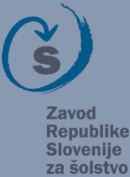
Ljubljana, Slovenia
Our contribution to the project PROMISE: We are establishing professional networks among teachers (schools) through boundary crossing, empowering school teams in mutual sharing and collaboration by examining the process of introduction and management of change and supporting school teams in their learning - acquiring the knowledge and skills about inclusive learning environment.
Link to organisation: https://www.zrss.si/en/
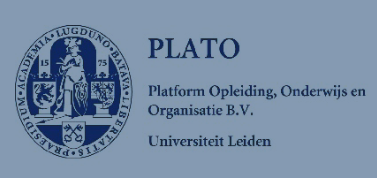
Leiden, The Netherlands
PLATO’s contribution to the PROMISE project consists of the development of modules and professional learning units focussing on inter professional learning, boundary crossing and lifelong professional development.
Contact: Jaap van Lakerveld, plato@plato.leidenuniv.nl
PLATO, Leiden University, Wassenaarseweg 52, 2333Ak, Leiden, The Netherlands
Phone: 0031 71 5273418

Aberdeen, United Kingdom
Our contribution to the PROMISE project is:
Link to organisation: https://www.abdn.ac.uk/education/index.php
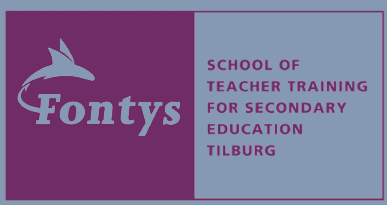
Tilburg, The Netherlands
Fontys participates in project PROMISE through members of the Research Group ‘Flexible educators’, from the Fontys Institute of Teacher Education Tilburg. This group is lead by Dr. Quinta Kools. In the research group we focus on ways to encourage (student) teachers to become ‘flexible professionals’, who are able to adapt to different circumstances in their work. As part of project PROMISE we will expand our activities to encourage and enhance the use of strategies for professional learning by (student) teachers.
Link to organisation: http://www.fontys.edu or webpage of the research group.

Tübingen, Germany
At the SAF - Seminar für Ausbildung und Fortbildung der Lehrkräfte Tübingen (Gymnasium) we focus on different areas of professional learning to promote inclusion using ICT.
Distant Peer-Coaching: Hereby, pre-service teachers learn to coach each other when preparing their lessons and reflecting their teaching experiences. They use digital tools to coach their colleagues long-distance as all of them are located at different schools.
Blended Learning on Inclusion: Pre-service teachers learn cooperatively to promote inclusion in school; at the same time they learn how to use digital tools to collaborate online with their colleagues and prepare lessons with a special focus on diversity.
COOL-Groups: Here we examine in how far and under which circumstances online collaboration at the grammar school level helps pupils to support each other.
Contact: susanne.huber@seminar-tuebingen.de
Link to organisation: https://www.seminar-tuebingen.de
After meeting at international conferences such as ATEE members of the group started working together on an ERASMUS+ European project called PROLEA. In this project, we explored the professional learning of educators in complex environments . We organised learning activities, partner meetings and dissemination events around Europe. We got to know each other better during the project, both personally and professionally.
We decided that we wanted to continue our collaboration and focus on how professional learning for educators can support inclusion and diversity in European education. The PROMISE project gives us an opportunity contains many of the same partners as PROLEA but also some new collaborating institutions and new members of staff in institutions Our collaboration benefits from this blend of existing partnerships and new ideas. Learning activities and partner meetings were organised around Europe and held until March 2020.
The Covid-19 pandemic caused us to continue our collaboration online. This online collaboration allows us to continue the work of the project despite travel restrictions.